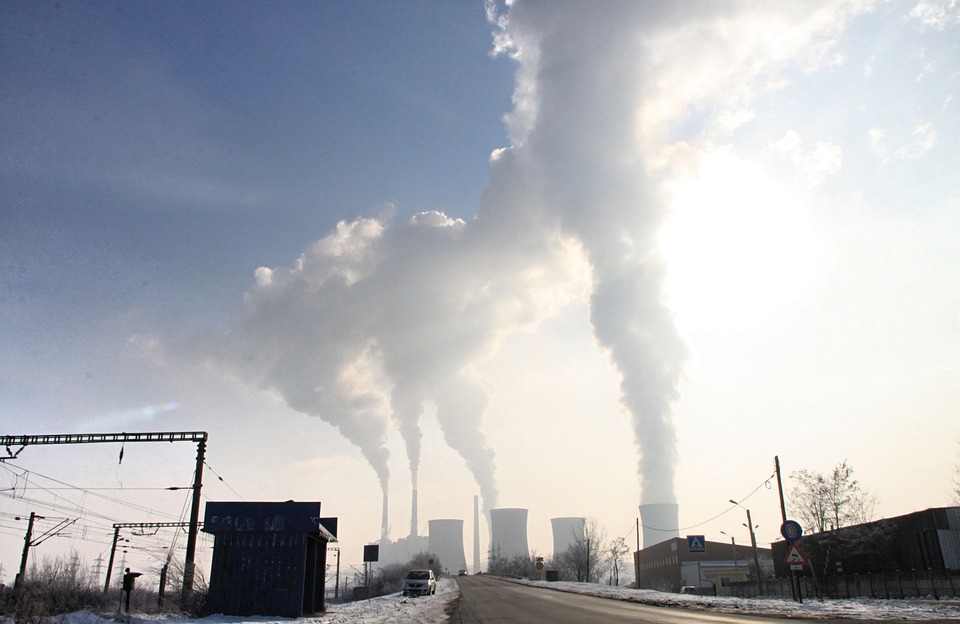When Did Global Warming Begin?
Global warming refers to the long-term increase in Earth’s average surface temperature due to human activities, primarily the emission of greenhouse gases. Understanding when global warming began is crucial for contextualizing modern climate change and its implications for the future.
The Early Stages of Global Warming
Industrial Revolution (Late 18th Century)
Global warming is widely considered to have begun with the Industrial Revolution in the late 18th century, around 1750. This period marked a significant shift as societies transitioned from agrarian economies to industrialized ones, particularly in Europe and North America.
Increased Fossil Fuel Use
The reliance on fossil fuels—such as coal, oil, and natural gas—accelerated during this time, leading to a substantial rise in carbon dioxide (CO₂) emissions. These emissions began to accumulate in the atmosphere, enhancing the greenhouse effect and contributing to global warming.
Impact of Early Industry on the Atmosphere
Early industries, particularly those involved in coal mining and steam power, significantly increased atmospheric CO₂ levels. This initial phase set the stage for a gradual buildup of greenhouse gases that would continue into the modern era.
Key Milestones in Global Warming’s Timeline
– Late 19th Century: The rise in global industrialization led to detectable increases in atmospheric CO₂ levels, as evidenced by ice core data.
– Mid-20th Century (1950s-1960s): Following World War II, there was a sharp increase in greenhouse gas emissions due to industrial expansion and population growth.
– 1980s – Climate Awareness Era: Scientific studies began to show rapid warming trends, leading to increased public awareness and concern about climate change.
Scientific Evidence Pinpointing Global Warming’s Onset
Ice Core Data from Antarctica and Greenland
Ice cores provide invaluable records of past atmospheric conditions. They reveal that significant increases in CO₂ levels began around the time of the Industrial Revolution, correlating with rising temperatures.
Keeling Curve and CO₂ Monitoring
Initiated in 1958 by Charles David Keeling, the Keeling Curve tracks atmospheric CO₂ concentrations. It has shown a consistent upward trend from approximately 315 parts per million (ppm) in 1960 to over 400 ppm today.
Historical Temperature Records
Temperature records indicate that global surface temperatures have risen significantly since the late 1800s, aligning with increased greenhouse gas concentrations due to human activities.
Factors Accelerating Global Warming After the Industrial Revolution
– Increased Fossil Fuel Dependence: The growth of transportation and manufacturing sectors has heavily relied on fossil fuels, further driving emissions.
– Deforestation and Land Use Changes: Large-scale deforestation for agriculture has reduced carbon sinks, exacerbating CO₂ levels.
– Population Growth and Urbanization: Higher populations and urban expansion have increased energy demand and CO₂ emissions significantly.
The Role of Natural Climate Variability vs. Human Influence
Historical Climate Cycles
Natural climate cycles, such as ice ages and interglacial periods, have influenced Earth’s climate over millennia; however, current warming trends differ markedly from these natural variations.
Anthropogenic Factors
Human activities are now recognized as the dominant cause of contemporary climate change. The Intergovernmental Panel on Climate Change (IPCC) has concluded that human-induced emissions are primarily responsible for recent warming trends.
Modern Understanding and Acknowledgment of Global Warming
1980s-1990s Scientific Consensus
By the late 20th century, there was a growing consensus among scientists regarding human-driven climate change. This led to international efforts such as the establishment of the IPCC.
Present-Day Awareness
Today, global warming is recognized as an urgent issue due to extensive research linking it to extreme weather events and observable climate impacts.
FAQs
– When did scientists first recognize global warming?
Scientists began recognizing global warming as a significant issue in the late 19th century but gained widespread acknowledgment by the late 20th century.
– How do we know that global warming is caused by human activity?
Evidence includes rising atmospheric CO₂ levels linked directly to fossil fuel combustion and other human activities since the Industrial Revolution.
– Was there global warming before the Industrial Revolution?
There were natural fluctuations in Earth’s climate prior to industrialization; however, significant anthropogenic warming is attributed mainly to post-1750 activities.
– What is the Keeling Curve, and why is it important?
The Keeling Curve is a graph that shows atmospheric CO₂ concentrations over time. It is crucial for understanding how human activities have influenced greenhouse gas levels since the late 20th century.
– How does global warming differ from past climate cycles?
Current global warming is characterized by its rapid pace and direct correlation with human activities, unlike slower natural cycles observed historically.
Conclusion
The timeline of global warming’s onset can be traced back to the Industrial Revolution around 1750. Understanding this timeline is vital for addressing climate change effectively and implementing necessary mitigation strategies for future generations.

Kyle Whyte is a notable scholar and professor at the University of Michigan, holding positions such as the George Willis Pack Professor in the School for Environment and Sustainability and Professor of Philosophy. Specializing in environmental justice, his work critically examines climate policy and Indigenous peoples’ ethics, emphasizing the nexus between cooperative scientific endeavors and Indigenous justice. As an enrolled Citizen Potawatomi Nation member, he brings a vital perspective to his roles as a U.S. Science Envoy and member of the White House Environmental Justice Advisory Council. His influential research is supported by various prestigious organizations including the National Science Foundation, and disseminated through publications in high-impact journals. Kyle actively contributes to global Indigenous research methodologies and education, with affiliations to numerous institutes and societies dedicated to traditional knowledge and sustainability. Recognized for his academic and community engagement, Kyle has earned multiple awards and served in various visiting professorships. His efforts extend to leadership positions on boards and committees focused on environmental justice nationwide.
